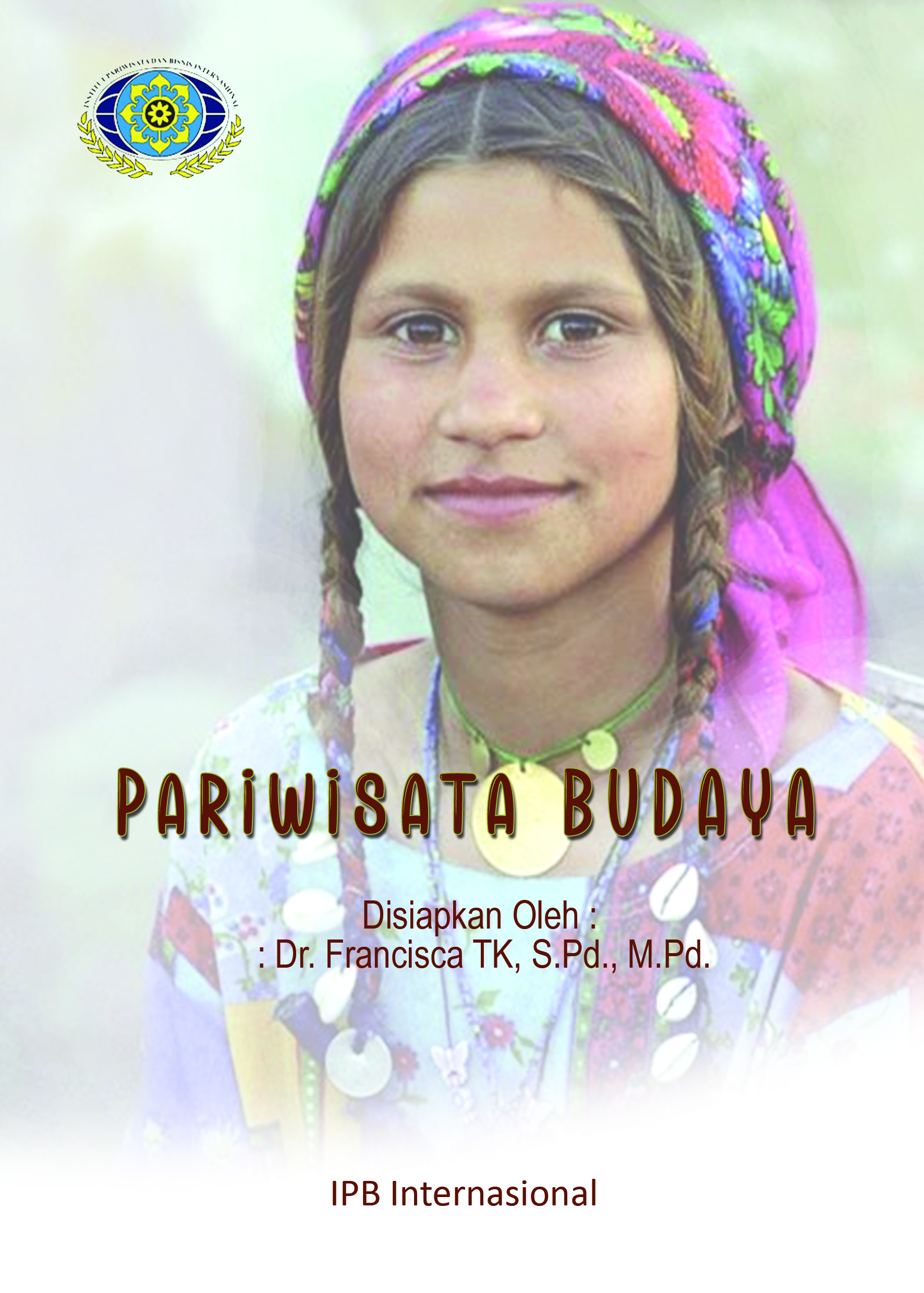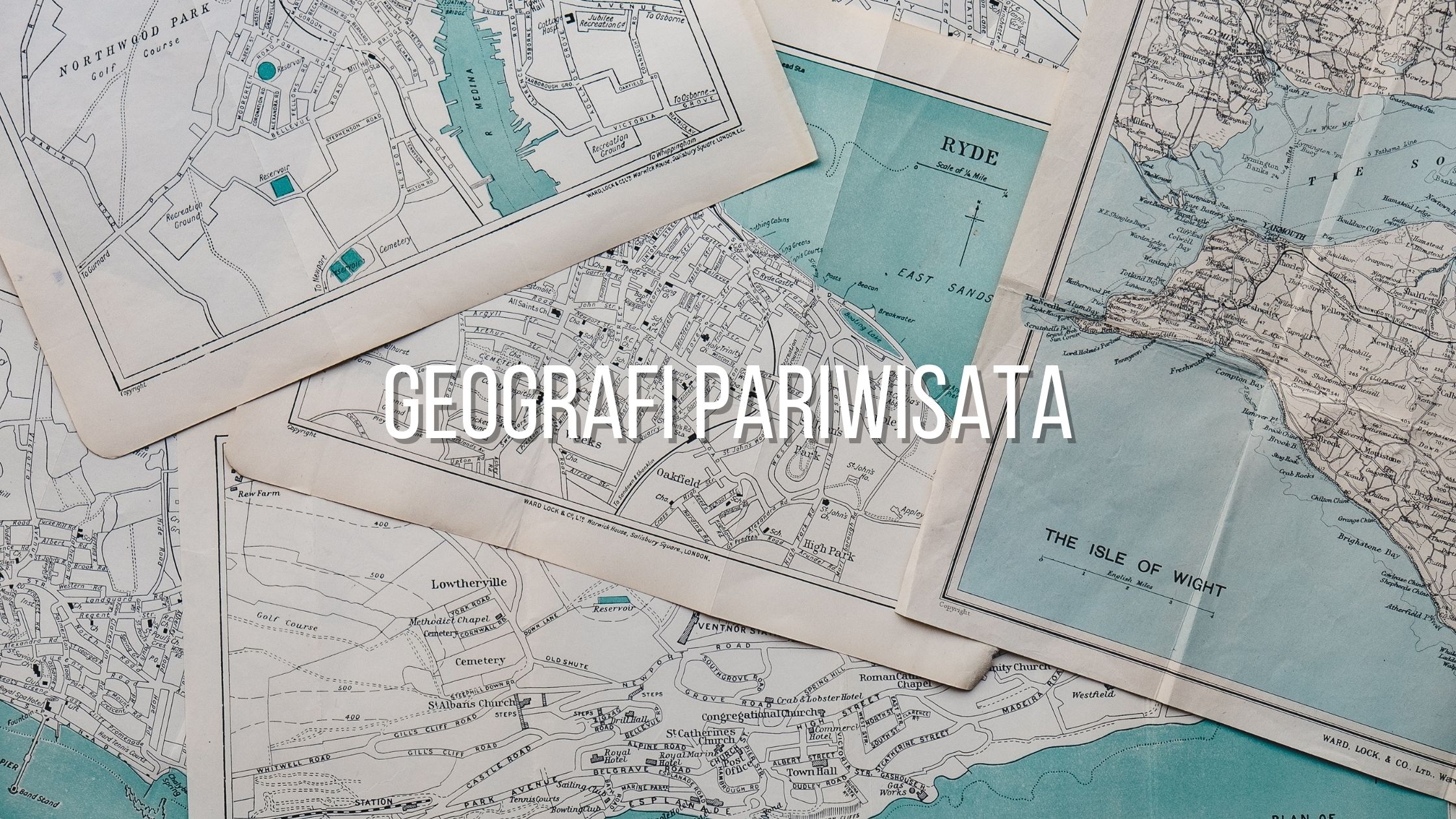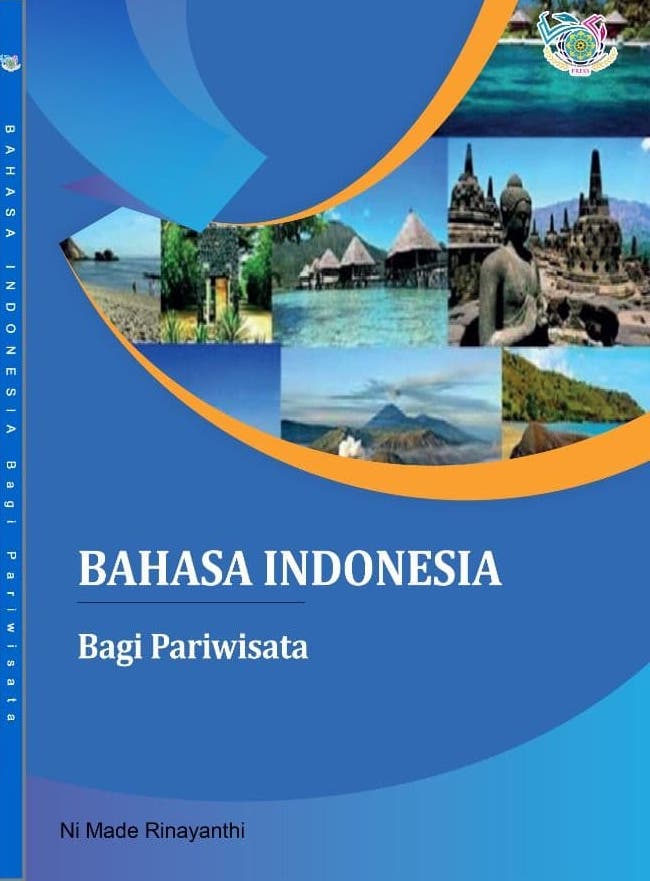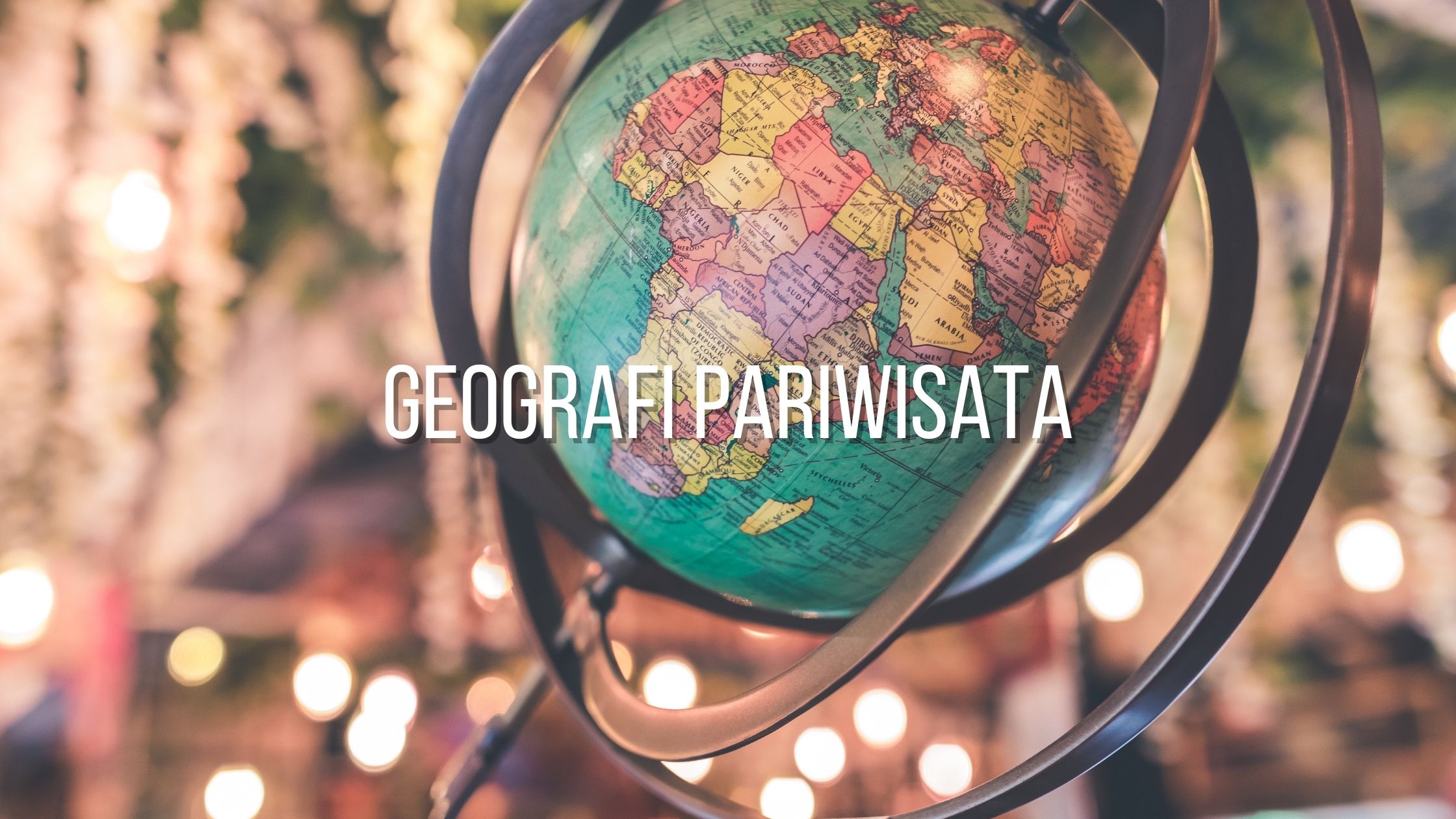
Pariwisata Budaya_B_SMT 2_20202
In this course, you will study the concept of cultural tourism in Indonesia and other countries, the laws which assign, regulate, and conserve the cultural heritage as a touristic consumption, the typology of cultural visitors and its implication towards local wisdom, the typology of indigenous’ participation in conserving cultural heritage as a sustainable cultural destination, the theory of TALC, the concept of hegemony and its implication towards the economy, social and local wisdom, the concept of commodification and authenticity in cultural tourism.

Kode Etik Pariwisata_B_SMT 2_20202
This course introduces the concepts and the application of Code of Ethics for Tourism in the tourism and hospitality industry. This course advises a meditative or reflective thinking in understanding tourism. Tourism should be perceived not only by its functional value but also of its existence. Understanding tourism comprehensively beyond calculative thinking can increase our sensitivity towards social issues related to the tourism and hospitality industry.
By the end of this course, students are expected to be able to respond to social issues related to tourism and express their thoughts into assignments, reports and articles.

Pariwisata Budaya_A_SMT 2_20202
In this course, you will study the concept of cultural tourism in Indonesia and other countries, the laws which assign, regulate, and conserve the cultural heritage as a touristic consumption, the typology of cultural visitors, and its implication towards local wisdom, the typology of indigenous’ participation in conserving cultural heritage as a sustainable cultural destination, the theory of TALC, the concept of hegemony and its implication towards the economy, social and local wisdom, the concept of commodification and authenticity in cultural tourism.

Kode Etik Pariwisata_A_SMT 2_20202
This course introduces the concepts and the application of Code of Ethics for Tourism in the tourism and hospitality industry. This course advises a meditative or reflective thinking in understanding tourism. Tourism should be perceived not only by its functional value but also of its existance. Understanding tourism comprehensively beyond calculative thinking can increase our sensitivity towards social issues related to the tourism and hospitality industry.
By the end of this course, students are expected to be able to respond to social issues related to tourism and express their thoughts into assignments, reports and articles.



